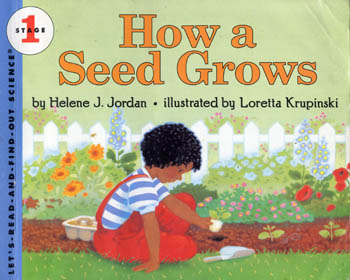At the request of femalechemist, I’m going to revisit the Sames/Sezen controversy. You’ll recall that Dalibor Sames, a professor at Columbia University, retracted seven papers on which he was senior author. Bengu Sezen, also an author on each of the retracted papers and a graduate of the Sames lab, performed the experiments in question.
Sames says he retracted the papers because the current members of his lab could not reproduce the original findings. Sezen says that the experiments reported worked for her and for other experimenters in the Sames lab. Moreover, she says that Sames did not contact her about any problems reproducing the results, and that he asked the journals to retract the papers without letting her know he was doing so.
I am not now, nor was I ever, an organic chemist, so I’m not going to try to do the experiments myself (repeatedly, with appropriate consultation of the people who developed the original protocols) to see who’s right. That’s not the kind of light I can shed on this case. However, I can break down the key issues at play here:

